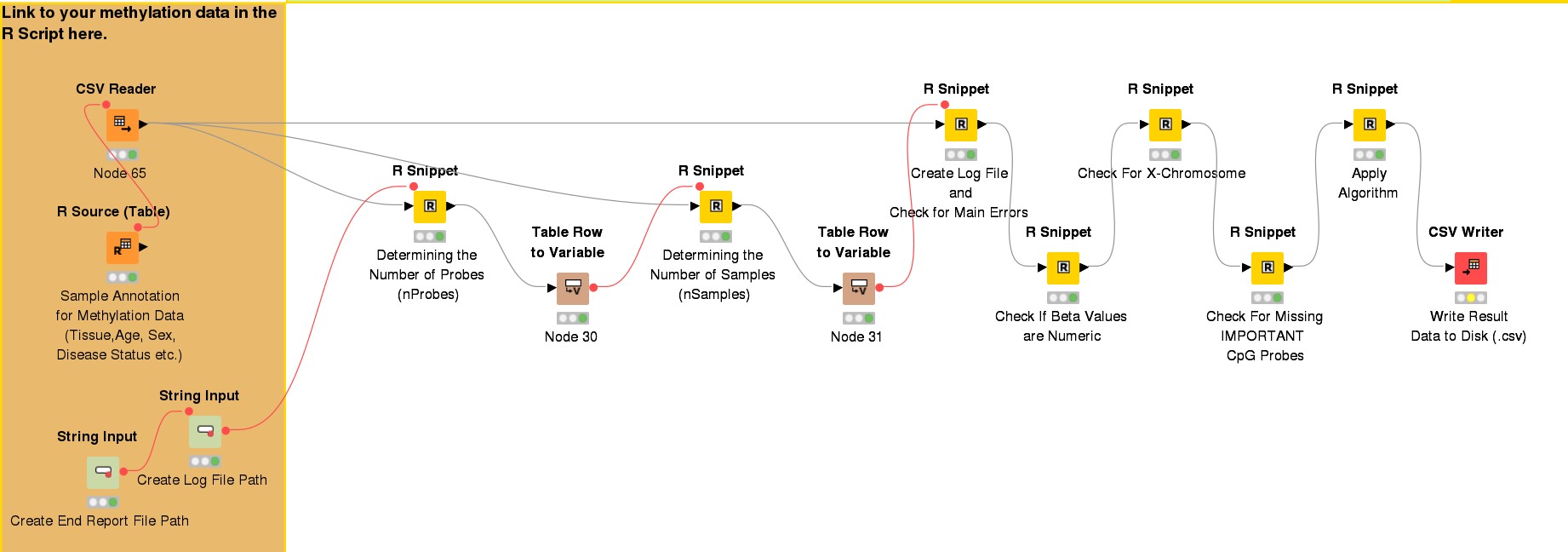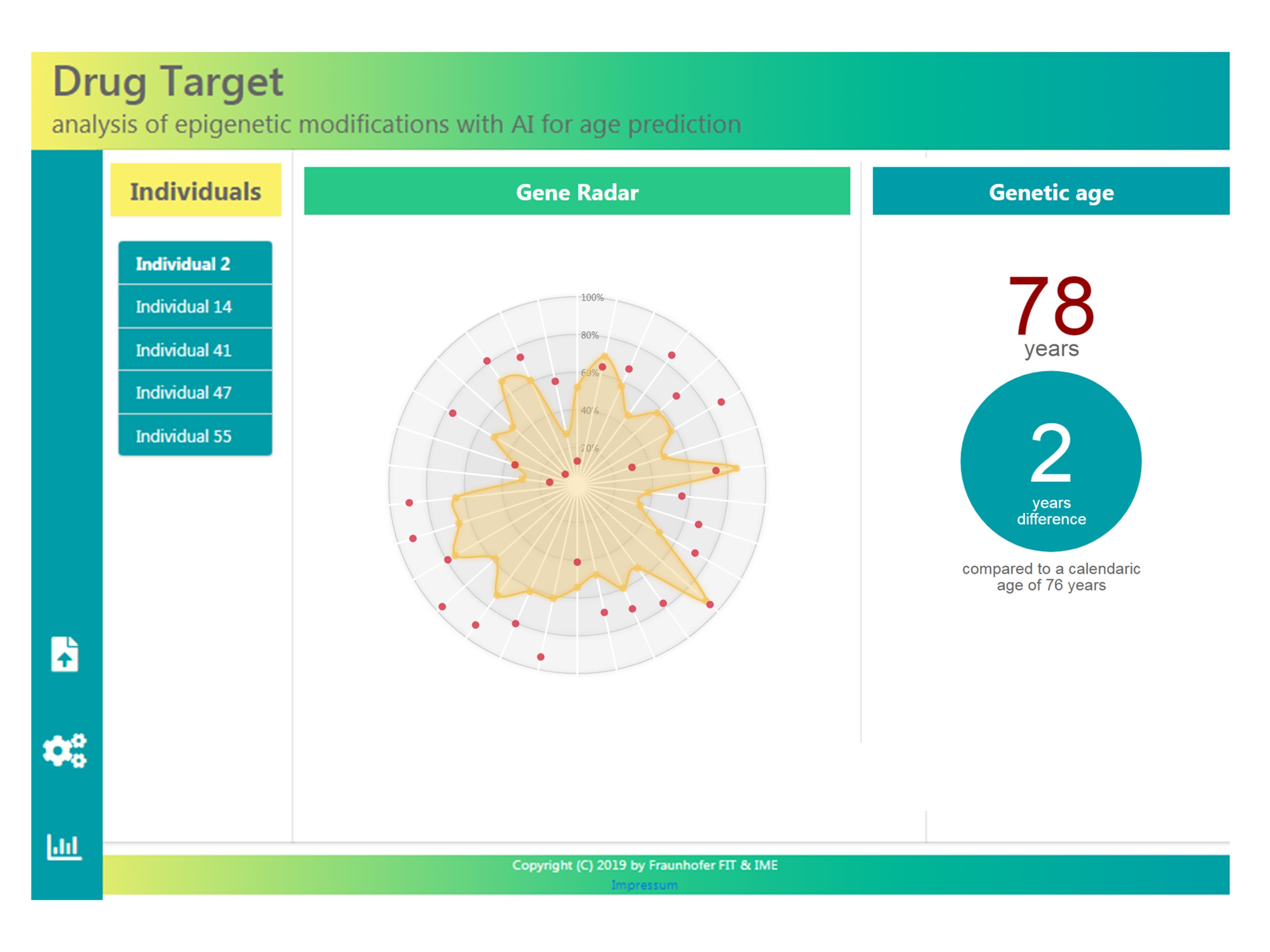Stopping the biological clock with AI


The novel method that has been developed allows a determination of biological age. This reflects the ageing process at the cellular level rather than simply the chronological age. This in turn, allows identification of potential health problems that may occur in the future. Using Artificial Intelligence (AI), the researchers now aim to discover molecules that can halt or even reverse the aging process. This systematic aging research is the first to be performed across the globe.
Determination of the biological age based on the methylation profile of genetic DNA
The underlying method for determining the biological age requires knowledge of the epigenetic code, an additional layer of information upon the well-known genetic DNA code. The DNA code does not usually alter during the lifetime and any changes that do occur which are known as mutations, are in most cases harmful and known to cause diseases such as cancer. In contrast, epigenetic changes are commonplace due to the natural aging process, lifestyle, disease and environmental factors. One of the most widely studied epigenetic changes is methylation of the genetic DNA code. The Fraunhofer IMTP researchers together with Cerascreen GmbH have developed a test that determines biological age using a saliva sample that is taken at home. The sample is analyzed using Next Generation Sequencing to determine the exact methylation profile of the genetic DNA of the donor. The methylation state of around 800,000 sites is measured of the DNA and a proprietary algorithm has been developed that analyses this data automatically to determine the biological age of a person. This in turn reveals the health of an individual at the cellular level. The researchers have identified 30 druggable proteins whose methylation status of the corresponding genetic DNA code changes during aging.
The main challenge was to determine the full epigenetic profile an individual as there are around 800,000 methylation sites that need to be measured. This was possible using the latest Next Generation Sequencing equipment which the researchers have access to. The other challenge was to analyze the large methylation data set and identify those changes that relate to the aging process. An automated workflow was developed by the ITMP bio-informatics experts to allow the rapid processing of the data.
Fraunhofer researchers developed a “Biological Age Home Test Kit”
In the context of the “Drug Target” project, the Fraunhofer researchers have developed the “Biological Age Test” based on the epigenetic profiles of cells present in the saliva of individuals. The Biological Age Test is available as a home test kit on the website of their partner Cerascreen. The next steps are to identify molecules that can halt or even reverse the epigenetic changes and therefore the aging process.
 Research Center Machine Learning
Research Center Machine Learning